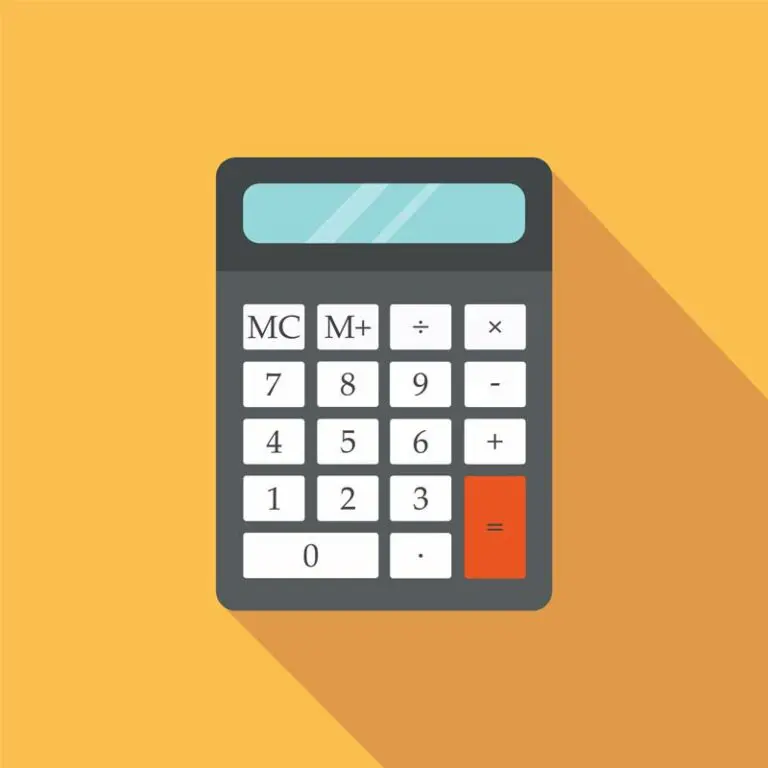Mortgage Calculators UK
Home » How To Get A Mortgage » Mortgage Calculator UK » Mortgage Affordability Calculator UK
Mortgage Affordability Calculator
To calculate how much you can borrow for a mortgage, mortgage lenders use an income multiple. In reality though, the process is more complicated than that. Your monthly outgoings are taken into consideration along with your income; so the higher your monthly payments on outgoings are, the less money you’ll be allowed to borrow. This calculator provides helpful guidance for future mortgage planning but should only be seen as an approximation. To gain further insight into what lenders look at when deciding mortgage loan amounts read our “Mortgage Affordability” guide today!
Our Fee-Free Mortgage Advisors do everything for you!
-
100% FREE mortgage support and advice - We submit the mortgage application for you
- Team of expert online mortgage advisers
- Amazing communication via WhatsApp, email and SMS.
- Access to 90+ UK mortgage lenders
Frequently Asked Questions
How to calculate mortgage affordability
Calculating your mortgage affordability involves determining how much you can afford to borrow for a mortgage based on your income, expenses, and other financial information. Here are the typical steps involved in calculating your mortgage affordability:
- Calculate your gross annual income: This includes all income from employment, self-employment, and any other sources.
- Calculate your monthly debts: This includes any outstanding debts such as credit cards, car loans, student loans, or personal loans.
- Calculate your monthly living expenses: This includes your monthly expenses such as utility bills, food, transportation, and any other regular expenses.
- Determine your debt-to-income (DTI) ratio: Your DTI ratio is calculated by dividing your total monthly debt payments by your gross monthly income. The lower your DTI ratio, the more you can afford to borrow for a mortgage.
- Consider your deposit: Most lenders require a deposit of at least 5% of the home’s purchase price. The more you can put down, the less you will need to borrow.
- Estimate your monthly mortgage payment: Use a mortgage calculator to estimate your monthly mortgage payment based on factors such as the interest rate, term of the mortgage, and the loan amount.
- Determine the maximum mortgage amount you can afford: Based on your income, debts, expenses, down payment, and estimated monthly mortgage payment, you can calculate the maximum mortgage amount you can afford.
Keep in mind that your affordability may also depend on other factors such as your credit score, employment status, and the specific lender’s requirements. When determining your mortgage affordability, it’s important to take all of these factors into consideration and consult a lender or mortgage broker to receive an accurate estimate.
How do mortgage lenders work out affordability
When assessing affordability for a mortgage, lenders typically employ a range of determining factors. Here are some of the most widely used criteria they may take into consideration:
- Income: Lenders will assess your income to decide if you are capable of making regular mortgage payments. To confirm that, they may require evidence like pay slips, tax statements, and bank documents.
- Debt-to-income (DTI) ratio: Your Debt-to-Income (DTI) ratio is determined by a simple calculation: divide your total debt payments per month with your gross monthly income. Having a lower DTI informs lenders how much you can feasibly afford to borrow. As such, keeping this number at its lowest possible will present more opportunities for loan qualification!
- Outgoings: Besides analysing your income and credit score, lenders will also determine if you can afford loan repayment by looking at your monthly costs such as energy bills, groceries, commuting expenses, and all the other regular expenditures.
- Credit score: Lenders will assess your credit score to determine your creditworthiness and the level of risk involved in lending to you.
- Employment history: Lenders will look at your employment history to assess your job stability and ability to make regular mortgage payments.
- Deposit and loan-to-value: When lenders assess your affordability, they consider both the size of your deposit and loan-to-value ratio. The advantage of a larger down payment can be substantial in that it reduces not only the sum you need to borrow but also lowers monthly payments.
These factors will allow lenders to decide the most suited mortgage amount for you. This decision helps them approve your loan application and set an appropriate interest rate. It is necessary to keep in mind that various creditors could have different affordability criteria, so it’s advisable to compare offers from multiple providers before settling on one suitable for your particular situation.



